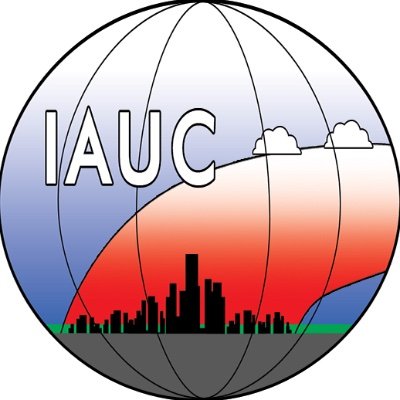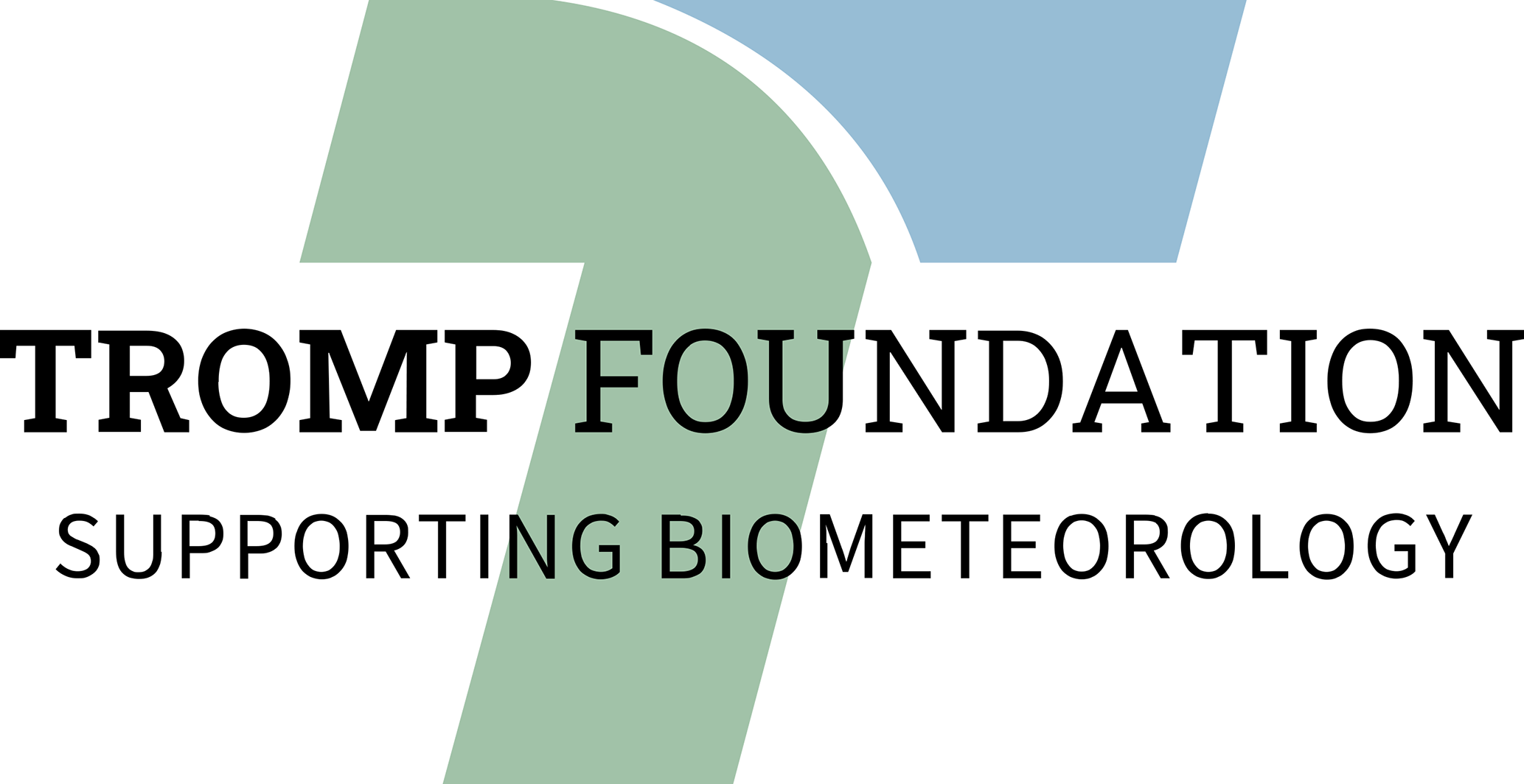- 1University of Twente, Faculty of Geo-Information Science and Earth Observation
- 2Vrije Universiteit Amsterdam, Athena Institute
- 3Tampere University
- 4University of Twente, Faculty of Behavioural, Management and Social Sciences
Urban blue and green spaces are known for mitigating climate events such as heatwaves and floods, while offering co-benefits that build health resilience for society. However, these benefits are not equitably distributed, with vulnerable community members and deprived neighbourhoods often facing limited access to green and blue spaces. Additionally, these individuals are often excluded from planning processes. Our project aims to counteract these barriers by addressing the needs and preferences of diverse communities and integrate them in urban climate project planning processes through a participatory co-design approach supported by geoinformation systems (GIS) and advanced technologies such as artificial intelligence (AI).
Based on a systematic scoping literature review, we synthesized knowledge on the role of green and blue spaces in building resilience of vulnerable populations, particularly in the context of extreme weather events. Building on the resulting urban green and blue space for inclusive climate and health framework, we assessed the needs, perceptions, and barriers faced by vulnerable residents using mixed methods in Enschede, a mid-sized city in the Netherlands. The results inform the planning of AI-supported participatory co-design workshops engazing citizens and decision-makers in collaboration with Urbanist AI and the UT DesignLab. In a pilot workshop, students were involved in role-plays as personas, and jointly identified diverse needs related to thermal comfort, mobility, and safety. In another workshop, local citizens and decision-makers were engaged. This technology supported initiative brings together diverse perspectives from vulnerable groups and decision-makers, fostering collaborative and inclusive urban planning.
The knowledge generated in this process is disseminated through science communication, inform collaborative educational initiatives, and contributes to developing climate-resilient public spaces codesigned to enhance inclusivity, resilience, and well-being for vulnerable urban populations.
How to cite: Janeka, P., Schrammeijer, B., Sawungrana, A., Cerrone, D., Van Rompay, T., Martinez, J., and Anthonj, C.: Engageing Vulnerable Urban Populations in Co-Designing Climate-Resilient Public Spaces, 12th International Conference on Urban Climate, Rotterdam, The Netherlands, 7–11 Jul 2025, ICUC12-1094, https://doi.org/10.5194/icuc12-1094, 2025.




